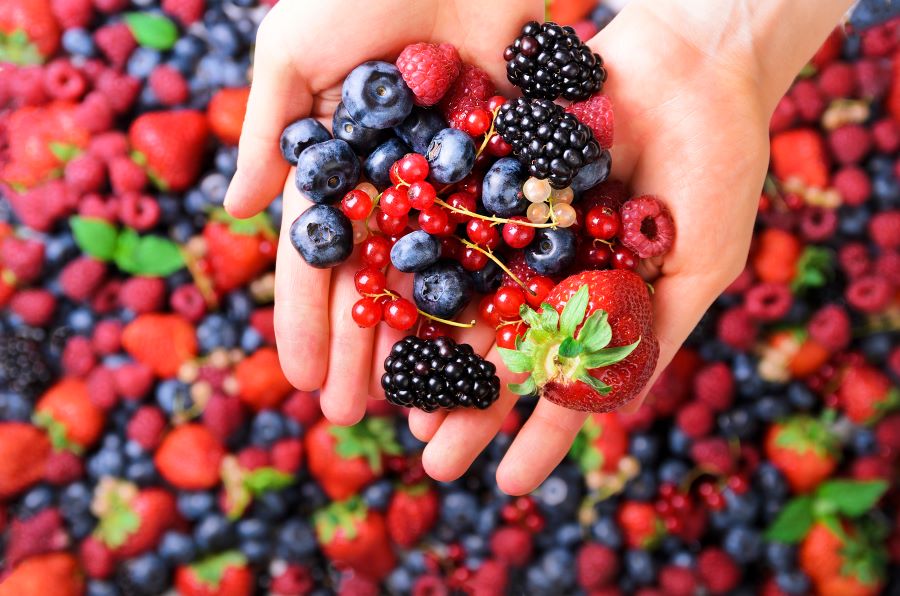
Managing diabetes involves careful consideration of the types and portions of carbohydrates you consume. While carbs are essential for energy, not all carbs are suitable for diabetics. In this post, we’ll explore the best carbs for diabetics that can help maintain stable blood sugar levels and promote overall health.
Non-Starchy Vegetables: Low in Carbs, High in Nutrients
Non-starchy vegetables like spinach, broccoli, and bell peppers are excellent choices for diabetics. These vegetables are low in carbohydrates and high in fiber, vitamins, and minerals. They help you feel full without causing significant spikes in blood sugar levels.
Suggested Portion: Fill half your plate with non-starchy vegetables at each meal.
Whole Grains: Slow and Steady Energy
Whole grains such as quinoa, barley, and whole wheat are packed with fiber, which slows down the absorption of sugar into the bloodstream. This helps maintain stable blood sugar levels. Choose whole grains over refined grains to get the most nutritional benefit.
Suggested Portion: 1/2 cup of cooked quinoa or barley, or one slice of whole grain bread per meal.
Legumes: Protein-Packed Carbs
Beans, lentils, and chickpeas are great sources of both protein and complex carbohydrates. They have a low glycemic index, meaning they have a minimal impact on blood sugar levels. Including legumes in your diet can help manage diabetes effectively.
Suggested Portion: 1/2 cup of cooked legumes per meal.
Berries: Nature’s Sweet Treats
Berries like strawberries, blueberries, and raspberries are lower in sugar compared to other fruits and high in fiber and antioxidants. They make for a sweet treat that won’t cause major blood sugar spikes. Enjoy them in moderation as part of a balanced diet.
Suggested Portion: 1/2 cup of berries per serving.
Sweet Potatoes: The Healthier Potato Choice
Sweet potatoes are a better option than regular potatoes for diabetics. They have a lower glycemic index and are rich in fiber, vitamins A and C, and potassium. Their natural sweetness can help satisfy cravings without causing a sugar rush.
Suggested Portion: 1/2 medium sweet potato per meal.
Greek Yogurt: A Nutritious Snack
Greek yogurt is a good source of protein and probiotics. When choosing Greek yogurt, opt for the plain, unsweetened variety to avoid added sugars. You can add your own fresh fruits or a small amount of honey to enhance the flavor without compromising your blood sugar control.
Suggested Portion: 3/4 cup of plain Greek yogurt per serving.
Avocados: The Healthy Fat Carb
Avocados are unique because they are low in carbohydrates but high in healthy fats and fiber. This combination helps to slow the absorption of sugar into the bloodstream, making them an excellent choice for diabetics. Avocados also provide essential vitamins and minerals like potassium, which can help manage blood pressure.
Suggested Portion: 1/4 to 1/2 of a medium avocado per serving.
Managing diabetes doesn’t mean you have to eliminate carbs from your diet. By choosing the right types and portions of carbohydrates, you can enjoy a varied and nutritious diet while keeping your blood sugar levels in check. Focus on whole, unprocessed carbs that are high in fiber and low in sugar to support your health and well-being.

Leave A Comment